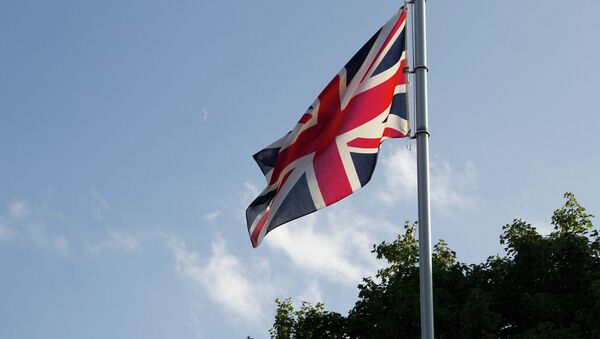The UK Home Office announced that starting on April 6 all overseas workers who have been in the UK for five years on a Tier 2 visa must provide evidence of earnings in excess of £35,000 or they will face deportation. The measure is expected to harshly impact teachers, IT professionals and journalists many of whom make less than the required amount despite the important societal functions they serve.
At the beginning of the year, a petition was launched calling on parliament to reconsider the threshold. After gathering more than 100,000 signatures the matter has come before parliament once again for debate, but there is little expectation that changes will occur.
Under the current UK Tier 2 visa program, an individual must have a job offer in the UK for at least £20,800, have at least £945 in a bank account for 90 days, a certificate of sponsorship from an employer, agree to pay a £200 annual healthcare surcharge, and prove English proficiency.
Under the old policy, after the first five years in the country a person could apply for indefinite leave to remain without additional barriers above meeting the requirements above. However, starting in April, individuals must earn at least £35,000 to avoid deportation.
There are some exemptions under the newly prescribed Home Office policy. First, nurses are temporarily exempt from the financial threshold, anybody serving in a PhD-level position, and persons working in professions that are on the official "shortage occupation list."
Notably, many positions that currently have shortages and cut to the very essence of social service are not included. These positions include teachers, IT professionals, journalists, and marketing managers. The country’s primary schools have particularly protested the new measure citing pending shortages and disruptions in educational services if the measure goes into effect.
The new rule will only apply to anyone who entered the country on a Tier 2 visa on or before April 5, 2011 with additional exemptions for persons who studied in the country starting in 2006 before undertaking work in the UK.




